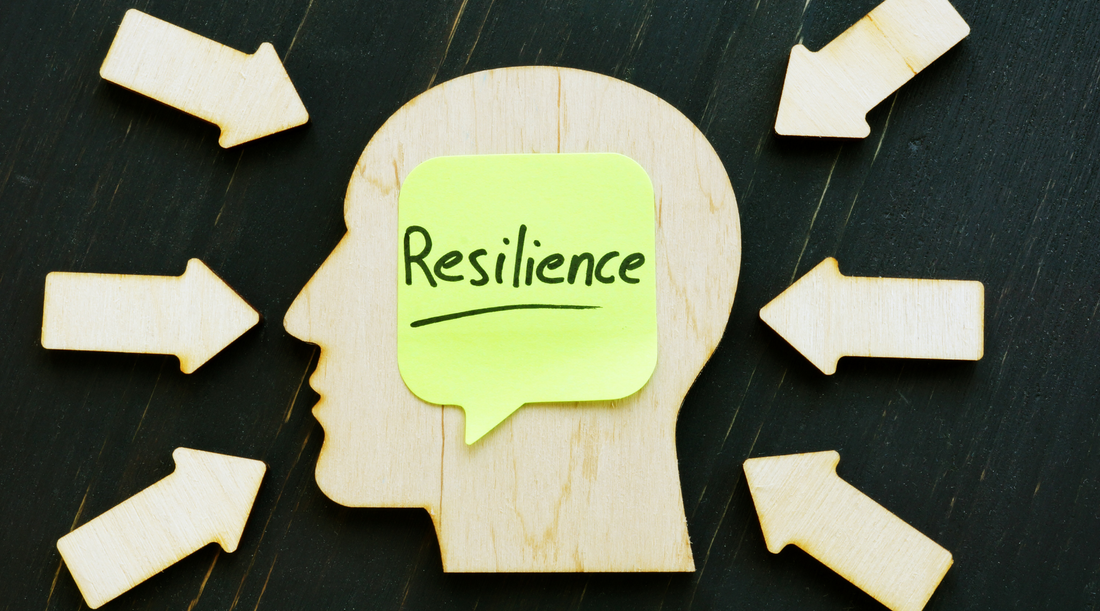
Building Resilience in Students: A School Counselor's Guide
Share
Introduction
In the journey of education, students face not just academic challenges but also social and emotional hurdles. As school counselors, one of our vital roles is to help students develop resilience, the ability to bounce back from setbacks and thrive amidst challenges. This guide explores how we can nurture this crucial skill in our students.
Understanding Resilience
Resilience is more than just coping; it's about confronting challenges head-on and emerging stronger. It’s a blend of emotional well-being, mental toughness, and a dash of persistence. For students, this means navigating the ups and downs of school life—from exam stress to peer pressure—with confidence and positivity.
Identifying Resilience Factors
Several key factors contribute to building resilience in students:
- Positive Relationships: Supportive connections with family, friends, and teachers.
- Self-Perception: A positive view of oneself and confidence in one’s strengths and abilities.
- Problem-Solving Skills: Ability to plan and solve problems effectively.
- Emotional Regulation: Skills to manage and cope with strong feelings and impulses.
Role of School Counselors in Fostering Resilience
We, as school counselors, are in a unique position to identify and nurture these resilience factors. Our interactions with students allow us to provide guidance, encouragement, and the tools they need to build resilience.
Practical Strategies and Activities
Here are some effective ways to build resilience in students:
- Resilience Workshops: Organize sessions that focus on skills like goal setting, problem-solving, and emotional management.
- Mentoring Programs: Pair students with mentors who can provide guidance, support, and a listening ear.
- Growth Mindset Encouragement: Foster a growth mindset by emphasizing effort and persistence over innate ability.
- Stress Management Techniques: Teach students techniques like mindfulness, deep breathing, and relaxation exercises.
Collaboration with Teachers and Parents
Building resilience is a team effort. Engage with teachers to integrate resilience-building activities into the curriculum. Communicate with parents to ensure a consistent approach at home and school.
Real-Life Success Stories
Highlight examples from other schools where resilience programs have positively impacted student well-being and academic performance. These success stories can serve as inspiration and validation for your resilience-building initiatives.
Resources for Further Learning
For those who wish to delve deeper, resources such as "The Resilience Factor" by Karen Reivich and Andrew Shatte offer valuable insights. Websites like PositivePsychology.com provide practical tools and activities for resilience training.
Conclusion
As school counselors, our mission extends beyond academic guidance; it's about preparing our students for life. By focusing on building resilience, we equip them with an essential skill set for their present and future challenges. Let’s commit to fostering an environment where resilience flourishes, creating a stronger, more adaptable generation.
